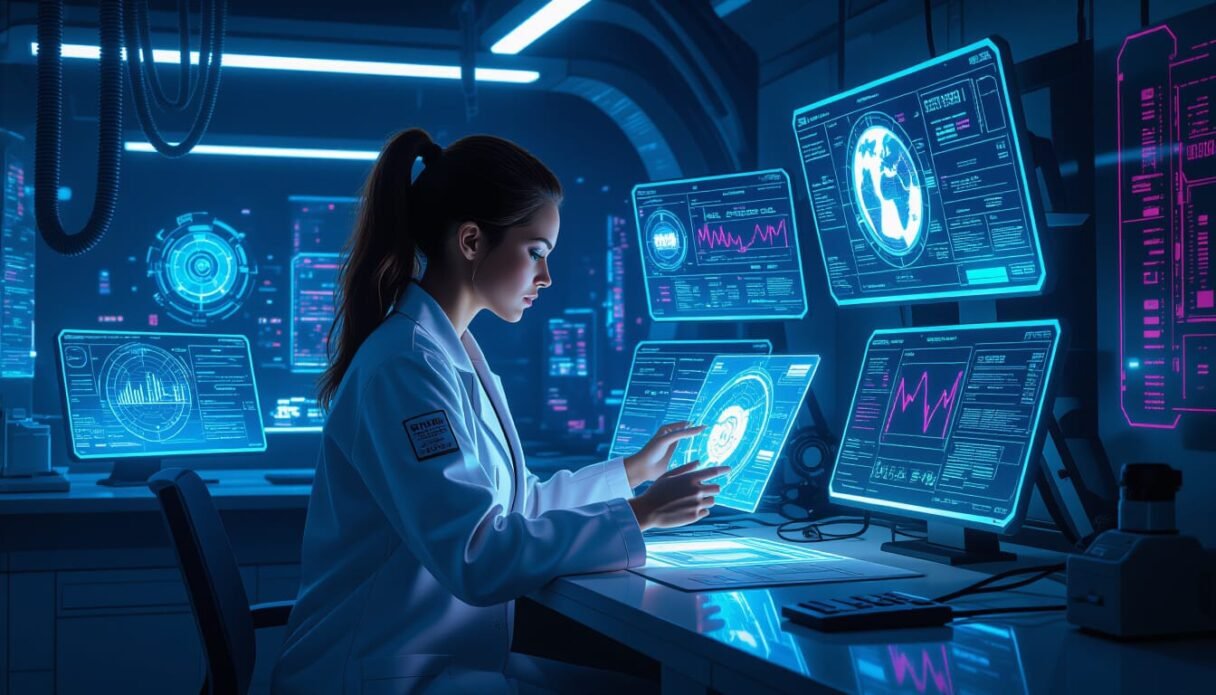The year ahead, what’s left of it, looks less like a calm crossing and more like steering through a storm. Global political instability, mounting economic pressures, and dizzying technological change are colliding to reshape international relations in ways that are both unsettling and unpredictable. The pieces are all on the board, but the rules of the game feel as though they are being rewritten in real time.
A Fractured Political Landscape
The return of Donald Trump to the U.S. presidency has already been seen as a major disruptor. His “America First” stance has rattled the foundations of international cooperation. Allies may question Washington’s reliability, while adversaries, from Beijing to Moscow, could see new opportunities to test the limits.
Already, China, Russia, Iran, and North Korea are tightening their coordination, forming what some call a “quartet of chaos.” Drones, intelligence sharing, sanctions-busting, their cooperation is growing bolder as America’s deterrence looks stretched.
Conflicts simmer and boil over:
- Ukraine may be pushed toward a lopsided peace deal, with Trump pressuring Kyiv to cede ground. Without strong security guarantees, Ukraine could find itself weakened and vulnerable, while Europe wrestles with the uncomfortable reality of taking on more of the burden.
- The Middle East remains combustible. Ongoing battles in Gaza and Lebanon, tensions with Iran, and Trump’s likely reluctance to press for a Palestinian state risk prolonging displacement and devastation. The spectre of strikes on Iran’s nuclear facilities could inch Tehran closer to the bomb.
- South China Sea tensions are poised to escalate as China asserts its claims more aggressively. Will the U.S. under Trump stand with allies, or step back? The answer could set the tone for Asian security for years.
- Sudan, tragically, remains largely ignored despite a civil war that grows ever more catastrophic — fuelling ethnic conflict, humanitarian disaster, and regional instability.
Meanwhile, migration itself is becoming weaponised. Economic desperation in Venezuela, Haiti, Ecuador, and beyond is fuelling flows northward. Trump’s promises of mass deportations and tighter border controls will strain relations with Latin America, where economies rely heavily on remittances. Across the globe, countries are clamping down on asylum while cherry-picking skilled migrants to fill labour gaps. Humanity reduced to a set of quotas and bargaining chips.
Economics Under Strain
Global growth in 2025 is projected at a modest 2.5%. Trade wars, protectionism, and climate pressures will weigh heavily, especially on emerging markets.
Trump’s proposed tariffs, 60% on Chinese goods, 10–20% on others, would ignite a fresh era of economic conflict. Prices would climb, U.S. growth would slow, and countries like Mexico and China would bear the brunt. Yet, Chinese firms are adapting, building factories abroad to sidestep restrictions and embed themselves more deeply in global supply chains.
Meanwhile, fiscal pressures mount. Public debt remains stubbornly high. Defence budgets swell. In the U.S., the deficit already sits at 6% of GDP, and new tax cuts would only widen the hole. In Europe, hitting NATO spending targets could mean higher taxes or painful cuts elsewhere. The uncomfortable question looms: guns or butter?
China’s own slowdown continues. A property slump, security-first policies, and weak innovation weigh heavily. Yet Beijing is betting big on a “silver economy” to turn its ageing population into a source of growth. It’s an experiment watched nervously by the rest of the world.
Commodity prices add volatility. From oranges and coffee to copper and uranium, supply disruptions and green transitions will keep costs high. Even the Suez Canal may not escape turbulence, as geopolitical crises ripple through shipping lanes.
Technology’s Double-Edged Sword
If politics and economics are messy, technology is the wild card, both promise and peril.
Artificial Intelligence continues to evolve rapidly. AI-derived drugs are nearing clinical trials, protein structure prediction is accelerating science, and IT spending is soaring. Yet the limits are visible too: the enormous energy consumption, the looming shortage of quality training data, and bottlenecks in chip production. Businesses are slow to adopt AI openly, though many employees are quietly using it behind the scenes. Legal battles over copyright and deepfakes are inevitable in 2025, as societies struggle to balance innovation with protection.
Green technology is a theatre of competition. China dominates solar panels, batteries, and EVs — and is racing ahead in hydrogen and carbon capture. Meanwhile, grid-scale energy storage is booming, exploring alternatives to lithium-ion. Private companies are even edging closer to fusion breakthroughs, once the domain of sprawling government projects. And hovering in the background, the unsettling idea of solar geoengineering, tinkering with the planet’s thermostat, creeps into serious discussion.
Space and defence tech only adds to the unease. Moon-based 4G networks sound like science fiction, but orbital nuclear weapons sound like a nightmare. Russia is reportedly developing exactly that, a move that could devastate satellites and usher in a new era of space warfare. AI-driven drones are becoming the weapons of choice, changing the battlefield in ways that will test both ethics and strategy.
A Time of Recalibration
2025 and the year to come are not business as usual. The U.S. is retreating from its traditional role as anchor of the global order. China is asserting itself as an economic and technological power, particularly in green industries. Trade frictions are deepening. Conflicts drag on with no resolution in sight. Technology advances faster than the institutions meant to regulate it.
We are entering a period of recalibration, of shifting balances and uneasy adjustments. The risks are obvious, but so too are the opportunities. If leaders can temper ambition with cooperation, harness technology responsibly, and remember that people, not just power, lie at the heart of international relations, then turbulence need not descend into chaos.
But make no mistake: the stakes are high, and the world will be watching closely.
What are YOUR thoughts and Observations?
Until Next Time

Discover more from Dominus Owen Markham
Subscribe to get the latest posts sent to your email.

